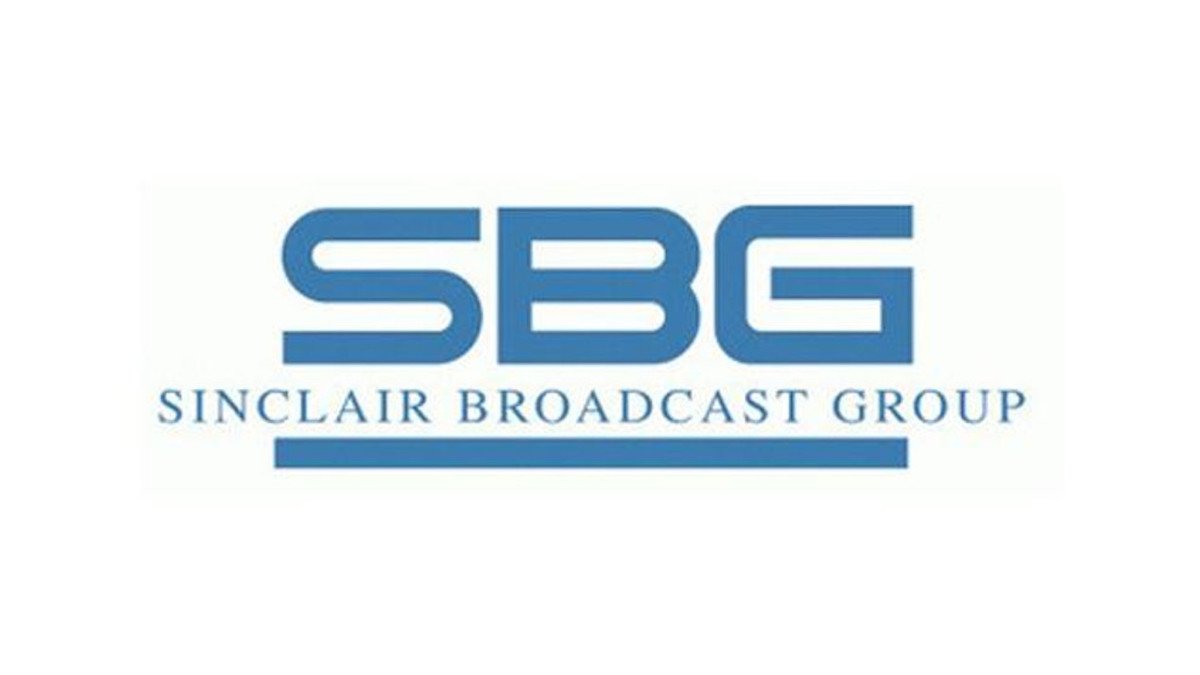It’s been just over a year since Sinclair Broadcast Group purchased 21 Fox regional sports networks through its subsidiary Diamond Sports Group for $9.6 billion. The company is now reportedly looking into restructuring, with an analyst calling the RSNs “Sinclair’s Achilles heel.” The company and its creditors have each brought in advisers to assist with restructuring talks.
Wall Street Journal reports that the company’s “regional sports business and its creditors are preparing for a possible restructuring of its roughly $8 billion debt load.” Sources for WSJ cite the lack of live sports programming during the pandemic and the loss of carriage deals as two of the largest issues Sinclair is facing with its regional sports networks. Sinclair has lost out on carriage deals with cable and streaming services including, most recently, Hulu dropping the channels.
With distributors hesitant to spend money on renewing deals at a time when seasons are wrapping up and the NHL and NBA looking at delayed starts to their seasons, Sinclair is facing a big, expensive challenge.
NextTV shared an excerpt from a note by Wells Fargo Securities media analyst Steven Cahall, saying “We think the RSNs have been Sinclair’s Achilles heel as it’s a distraction for investors, an asset in decline and a potential drain on retrans to support RSN carriage fees. While there’s no equity value in Diamond these factors also mean less equity value in TV. Ultimately we view a separation of the RSNs as the best case scenario for Sinclair as it removes a big overhang that’s needed management’s attention since the get go.”
It’s unclear what will happen with the Sinclair-owned RSNs if the company goes through with a restructuring. One possible option (and one that CCN readers often ask about) would be for the networks to go direct to consumer, rather than being available through a subscription service. NextTV points out that with only an estimated 30% of the 80 million TV homes in the US watching sports, a move to direct to consumer would likely result in the networks charging three times more for access in order to make the same amount of money they’ve made in traditional distribution deals. A solution could be a hybrid model, including traditional deals with distributors along with a direct to consumer option. The trick will be finding terms that all parties will be willing to agree to.
We could learn more during Sinclair’s third quarter earnings report in early November, and we’ll be sure to keep an eye out for updates on the future of the networks.

